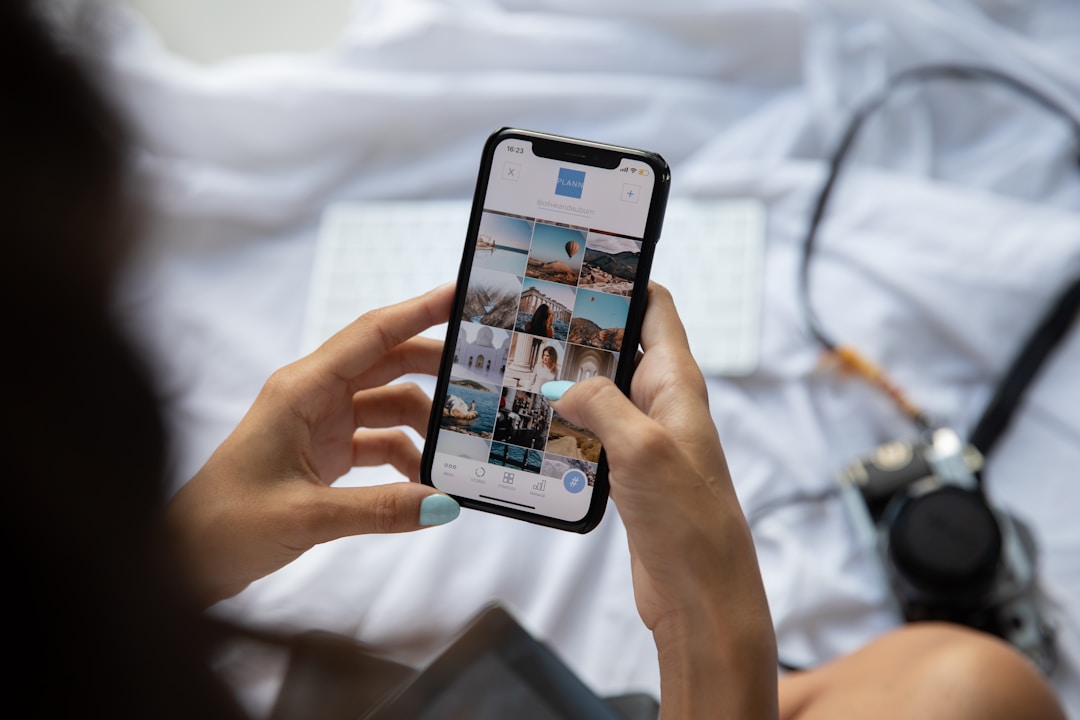
3 Ways To Get Better Sleep and Wake Up Rested
There are few things more important for your health and wellness than getting enough sleep at night. However, it isn’t always easy to get a good night’s rest, especially if you suffer from a condition that makes it difficult to sleep at night. The good news is that there’s a lot you can do to improve your ability to fall asleep at night. Everyone’s body is different, so it may take some trial and error, but it’s worth it to find the right sleep aids. If you’re not sure where to start, read on for three ways to get better sleep and wake up rested.
1. Create a nighttime routine that works for you.

One of the best things you can do to help yourself fall asleep and stay asleep is to create a nighttime routine that helps you relax. Everyone is different, but finding products like CBN for sleep that can help you unwind is a great way to get ready for bed. A lot of people have trouble letting go of a busy day or calming their mind after a long day at work, but having a comforting routine to come home to that incorporates products and practices you find relaxing can make a significant difference in your ability to get quality sleep at night.
Before using CBD products for the first time, you should check in with your healthcare provider first. Your doctor can tell you how CBD is likely to affect any health conditions you have or interact with the medications you’re taking. They can also provide other advice on how you can address your sleep issues in a natural way.
2. Turn off your screens an hour or two before bed.

No one wants to hear it, but it’s essential that you stop spending so much time on your phone and computer before you go to sleep at night. Light on its own is what is known as an “altering stimulus,” which is why most of us sleep with our lights turned off. Too much light also reduces your body’s natural melatonin production, which is the substance that helps regulate your body’s internal clock. Looking at bright screens can actually shift your body’s internal clock over time.
3. Make sure your diet isn’t disrupting your sleep.

You may not realize it, but there are many ways that your diet can keep you up at night. Eating at night forces the muscles that digest and metabolize food to work longer after they should be resting. Eating foods that are high in sugar or caffeine can also keep you up at night, even if you had a long day at work. If you take prescription medications that have a stimulant effect, take them as directed and talk to your doctor about adjusting your dose if you can’t fall asleep at night.
The effects of sleep deprivation on your overall health can be serious and affect multiple systems in your body. It can cause memory issues, trouble with thinking and concentration, mood changes, weakened immunity, high blood pressure, weight gain, and an increased risk of developing conditions like diabetes and cardiovascular disease. It’s hard to overstate how important it is to make sure you’re getting enough sleep on a regular basis.
There are a lot of things you can do to get better sleep at night, but you may need to experiment to find out what works for you. A nighttime routine that incorporates products that promote rest or relaxation is a great place to start. It isn’t easy, but turning off your screens for at least an hour or two before bed is important. Over time, too much exposure to light can change your internal clock, so it’s essential that you put your phone away from time to time. The food you eat can make an impact on your ability to fall asleep, too, so it might be smart to skip the late-night snack.
